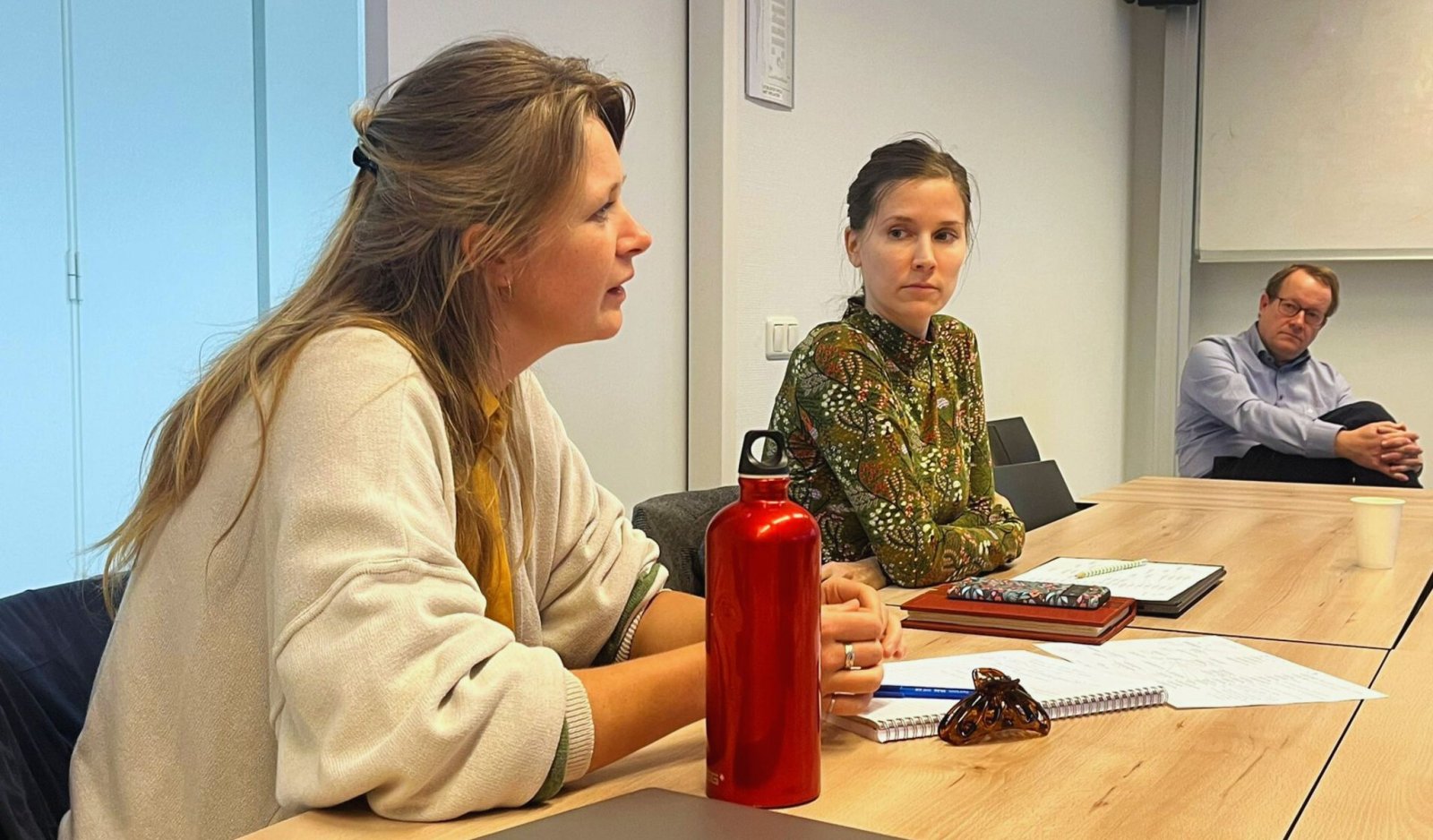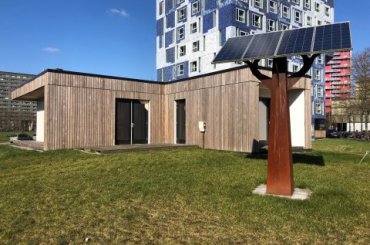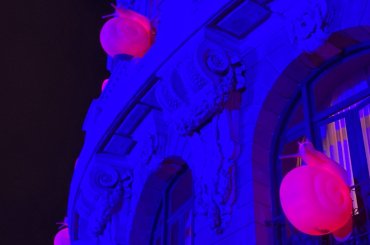PhD research

Our goal is to train curious, empowered and rigorous researchers who can address the social and technical challenges of a changing world.
PhD researchers at the Copernicus Institute come from a variety of disciplinary backgrounds within the field of sustainability. Our 100+ PhDs have an academic and social home in one of our five research groups. The institute is a fun and vibrant place to work, with an open, productive and supportive research culture that values inclusivity and a diversity of perspectives.
How do I find current PhD vacancies?
All PhD positions are announced through the Utrecht University website: Working at Utrecht University
Do I need to speak Dutch to work at the Copernicus Institute?
English is our working language. Unless otherwise stated for a specific position, knowledge of Dutch is not required (although you are encouraged to learn Dutch while you are here!).
Stories from our PhD research

Revitalizing Arctic Indigenous food systems through inclusive, transdisciplinary approaches
Silja Zimmermann's first publication explores how inclusive, transdisciplinary and action-orientated research that acknowledges the complexity of Arctic food systems is crucial to help enable a sustainable future for Arctic Indigenous food systems.

A 100% circular fashion industry by 2050? Second-hand alone will not get us there
Denise Reike's PhD research highlights how second-hand reuse alone is not sufficient for the Netherlands to reach its 2050 circularity targets. We need to promote a range of different approaches to reach the goal of a sustainable and circular textile industry by 2050.

Campus Living Labs test new, transformative ways of thinking and doing
Harm van den Heiligenberg’s PhD research has provided a scientific basis to help us understand the conditions needed to make living labs for sustainability successful in urban areas. Claudia Stuckrath Alvarado is now zooming in to see how these hotbeds for experimentation can be used to bridge campus operations with academia, accelerating the transformation to a sustainable society.

Agriculture, food and degrowth: four avenues to pave the way to a sustainable food system
PhD candidates Leonie Guerrero Lara, Laura van Oers, Jacob Smessaert, Julia Spanier and Guillherme Raj propose a new research agenda exploring the questions degrowth researchers need to ask to advance the transition to a sustainable and just global food system.

How water may hold the key to tiger conservation in the Himalayas
Mayuri Phukan and Pranisha Pokhrel's research is trying to unravel the complex, intertwined relationship between climate, rivers, groundwater, land use and grazing at the foot of the Nepalese Himalayas. The aim: to help provide a sustainable habitat for the tiger population.

Uncovering the obscure world of cold water corals
Most people have heard of tropical corals. But what about lesser-known cold water corals? We speak to Anna van der Kaaden about her research on this essential ecosystem-supporting organism found in barren deep waters and the importance of science communication.

Breaking the curse or going under: governance challenges of land subsidence in Dutch peatlands
10 meters is the almost surreal amount by which Dutch peatlands have lowered over the last 1000 years. From greenhouse gas emissions to collapsing buildings and rising flood risk, land subsidence needs serious attention. Mandy van den Ende's research identifies some of the main challenges in the governance of subsiding peatlands and gives suggestions on how to move forward.

